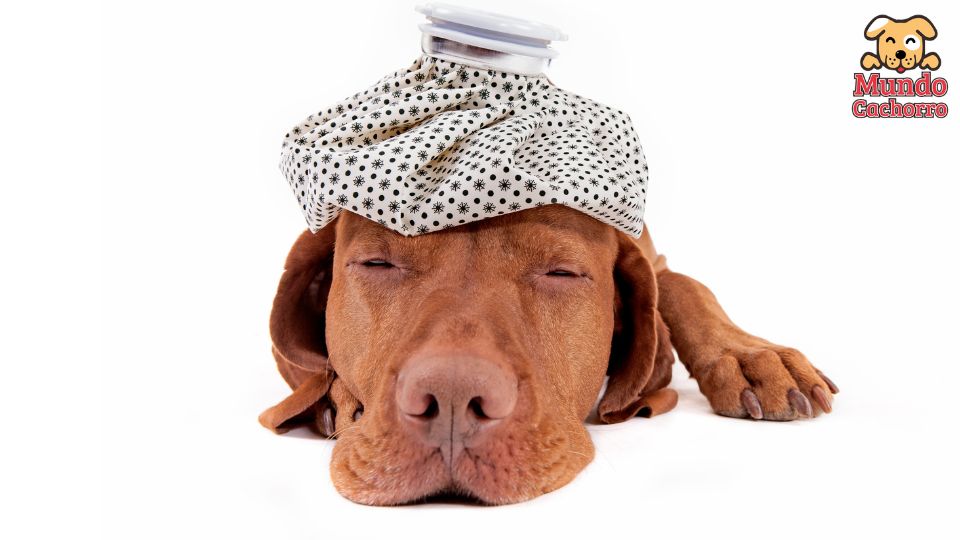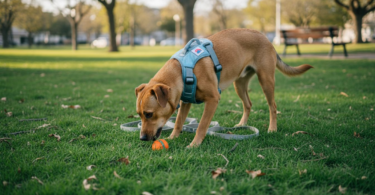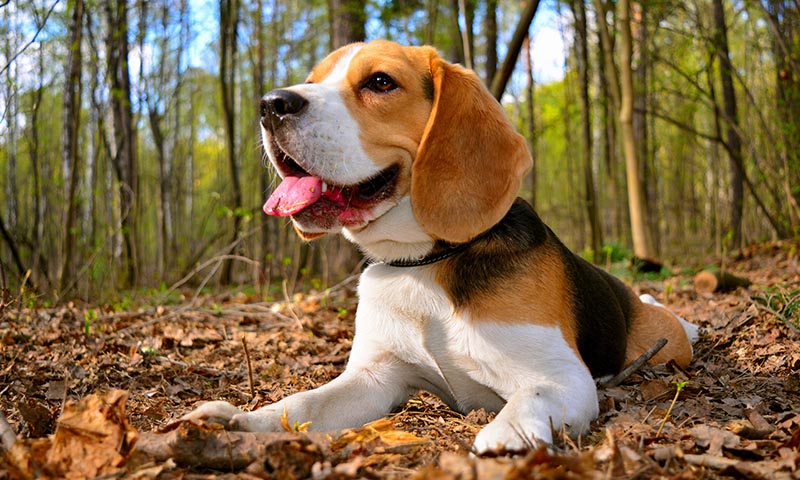Caring for a dog involves being attentive to any changes in their health, and one of the most common problems they may face is diarrhea or colitis. These digestive disorders are not only uncomfortable for the dog, but can also be an indication of more serious problems that require immediate attention. Knowing the causes, symptoms and appropriate treatments is essential to act quickly and effectively, ensuring that your pet receives the care it needs to recover and stay healthy. 
1. What is diarrhea and colitis in dogs?
Diarrhea in dogs is characterized by loose or watery stools, while colitis is an inflammation of the colon that can cause mucus or bloody stools.
Although both disorders can occur in isolation, they are often related and can be symptoms of an underlying gastrointestinal problem. The causes of diarrhea and colitis in dogs are varied and may include dietary changes, bacterial or viral infections, food allergies or stress. In some cases, these symptoms may be temporary and resolve on their own, but in others, they may indicate a chronic problem that requires medical intervention.
Identify the symptoms
In addition to abnormal stools, other symptoms may accompany diarrhea and colitis, such as loss of appetite, lethargy, vomiting, fever or abdominal pain.
If you notice any of these signs in your dog, it is important to act quickly to avoid further complications.
2. Common causes of diarrhea and colitis in dogs.
One of the most common causes of diarrhea in dogs is a sudden change in diet. Introducing new foods too quickly can upset their digestive system, causing loose stools or diarrhea.
Bacterial or viral infections, such as parvovirus or gastroenteritis, are also frequently responsible for these symptoms and require immediate veterinary attention.
Another cause to consider is food allergies, which can trigger both diarrhea and colitis.
Dogs can develop intolerances to certain ingredients in their food, such as wheat, corn or certain types of proteins.
In addition, stress and anxiety can also play a role, as dogs’ digestive systems are sensitive to emotional changes.
Aggravating factors
In some cases, ingestion of inedible objects or toxic substances may also cause diarrhea or colitis. Dogs that tend to chew and swallow objects such as toys, clothing or other materials can develop intestinal blockages or irritations that result in these digestive problems.
If you suspect your dog has ingested something he shouldn’t, seek veterinary care immediately.
3. How to treat diarrhea and colitis in dogs at home
If your dog has mild diarrhea or colitis and does not show other serious symptoms, you can start the treatment at home under certain precautions.
The first thing to do is to withhold food for 12 to 24 hours, allowing your dog’s digestive system to rest.
Make sure he has constant access to fresh water to avoid dehydration. After the fast, introduce a bland, easy-to-digest diet, such as cooked rice with skinless, unseasoned chicken.
This diet should be maintained for several days, until the stool returns to normal.
You can gradually reintroduce his regular food once he is better.
When to go to the veterinarian
It is crucial to observe your dog during this process. If the diarrhea persists for more than 48 hours, if blood is present in the stool or if it shows other symptoms such as persistent vomiting, fever or weakness, it is essential that you see a veterinarian.
These may be signs of a more serious problem that needs professional treatment.
4. Veterinary treatments for diarrhea and colitis in dogs
If you decide to take your dog to the veterinarian, they will likely perform a series of tests to determine the underlying cause of the diarrhea or colitis.
This may include blood tests, stool tests, x-rays or ultrasounds to rule out infections, parasites, allergies or obstructions. Depending on the diagnosis, the veterinarian may prescribe antibiotics, antiparasitic or anti-inflammatory medications to treat the infection or inflammation. In cases of severe dehydration, your dog may need intravenous fluids to stabilize his condition.
In addition, if a food allergy is diagnosed, your veterinarian may recommend a change in diet to a hypoallergenic formula.
Recovery plan
Your dog’s recovery plan will depend on the severity of his condition. It is important to follow your veterinarian’s instructions to the letter and continue with any recommended treatment or dietary changes.
Observe your dog during his recovery and keep an open communication with your veterinarian if you notice any changes or complications.
5. How to prevent future episodes of diarrhea and colitis
Prevention is key to avoid future episodes of diarrhea and colitis in your dog. One of the best ways to do this is to make sure their diet is balanced and appropriate for their specific needs.
Avoid abrupt dietary changes and make transitions gradually. Keep your dog up to date with his vaccinations and deworming, as this helps prevent infections that can cause digestive problems.
Also, supervise what your dog eats during walks and at home, to prevent him from eating inedible objects or toxic substances.
Stress management
Stress is another factor that can trigger digestive problems in dogs. Try to maintain a calm and predictable environment for your pet, and make sure he has enough exercise and mental stimulation to reduce his anxiety.
In some cases, you may consider consulting a canine behaviorist if stress continues to be a recurring problem.
Conclusion: act promptly to protect your dog’s health.
Diarrhea and colitis in dogs can be symptoms of mild or serious problems, so it is essential to act promptly and watch for any signs of complications.
With proper treatment, most dogs recover quickly and return to normal. However, prevention is always the best strategy. Maintain a balanced diet, a safe environment and reduce your dog’s stress to avoid future digestive problems.
By being informed and prepared, you can ensure that your pet receives the best possible care at all times.







